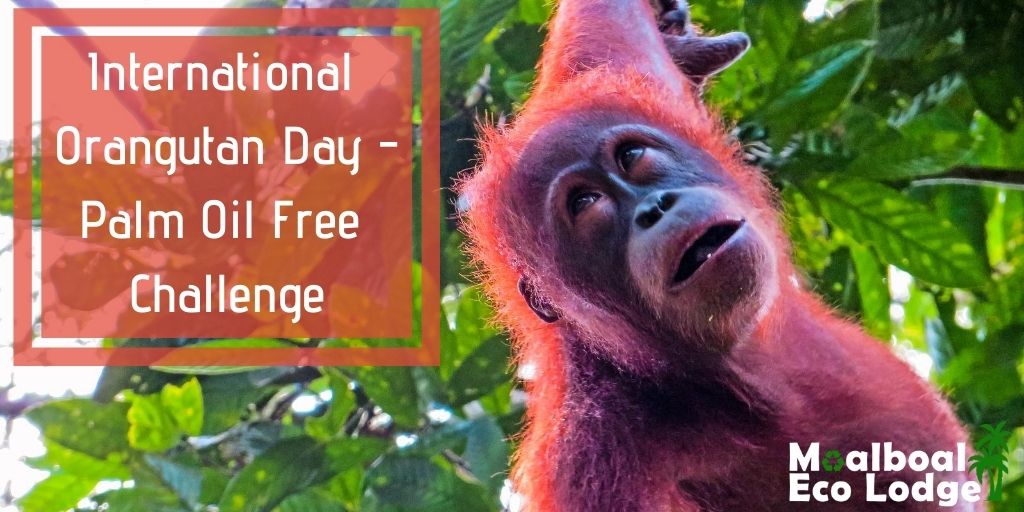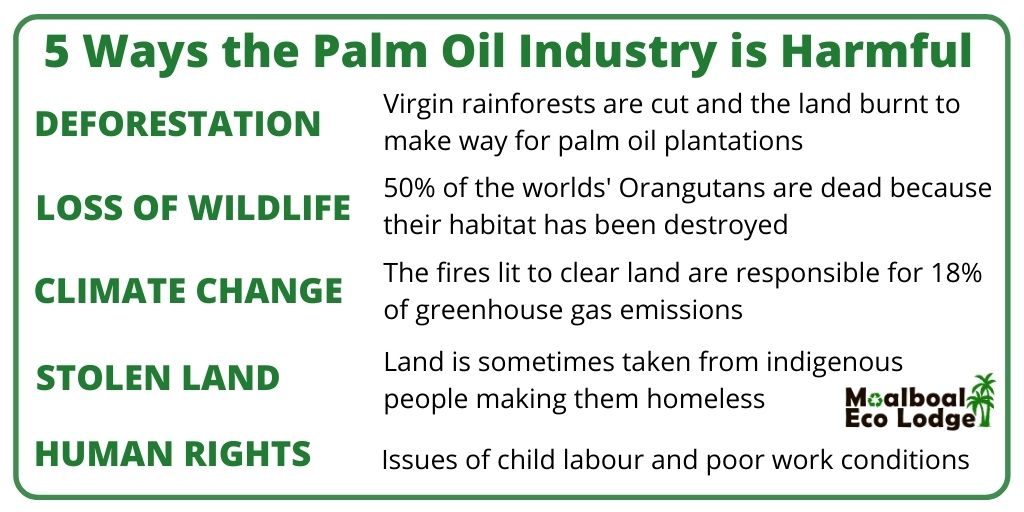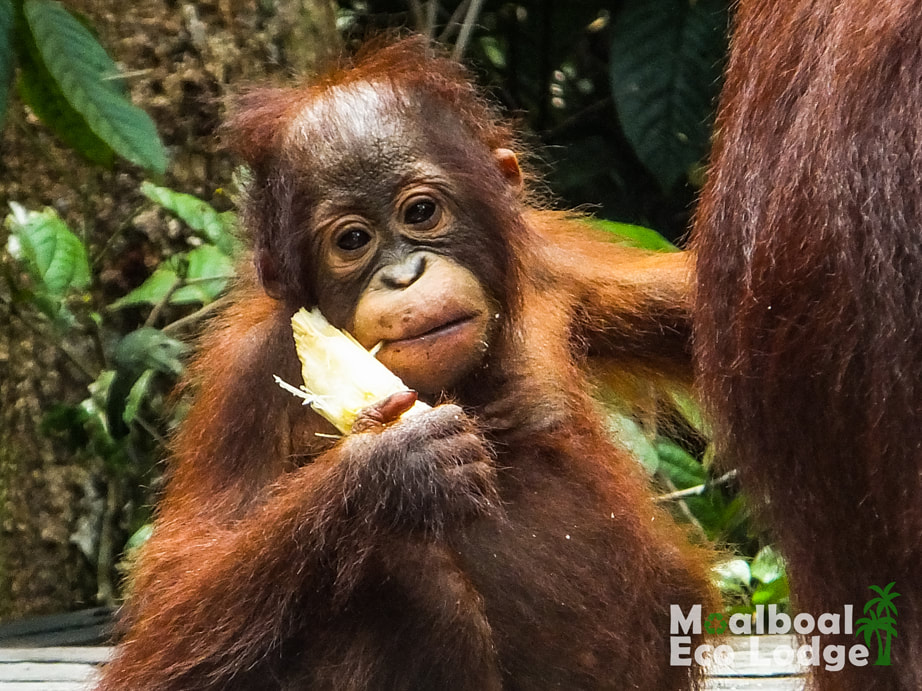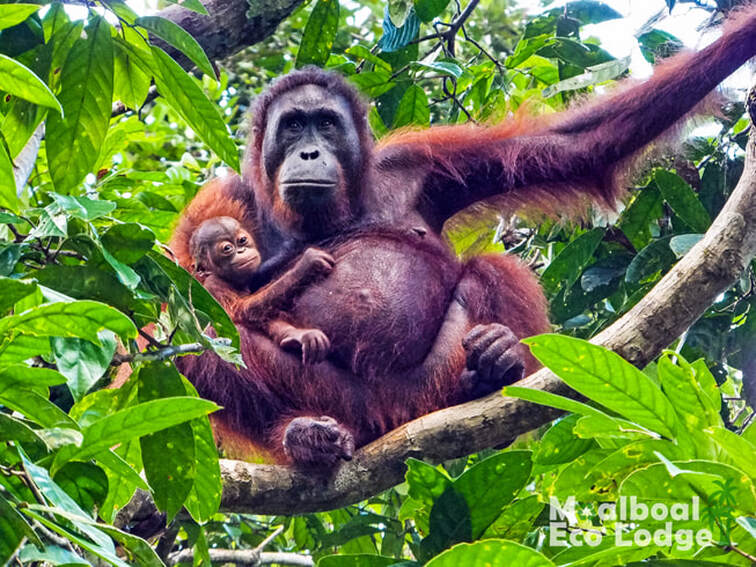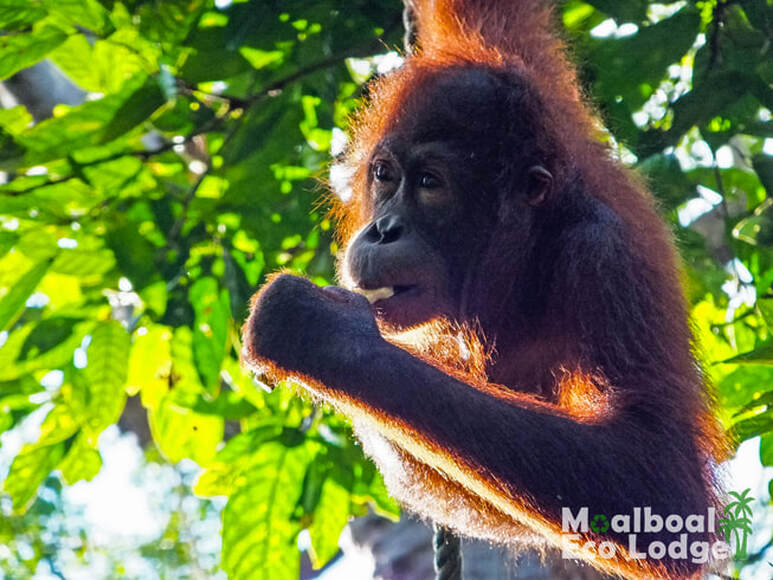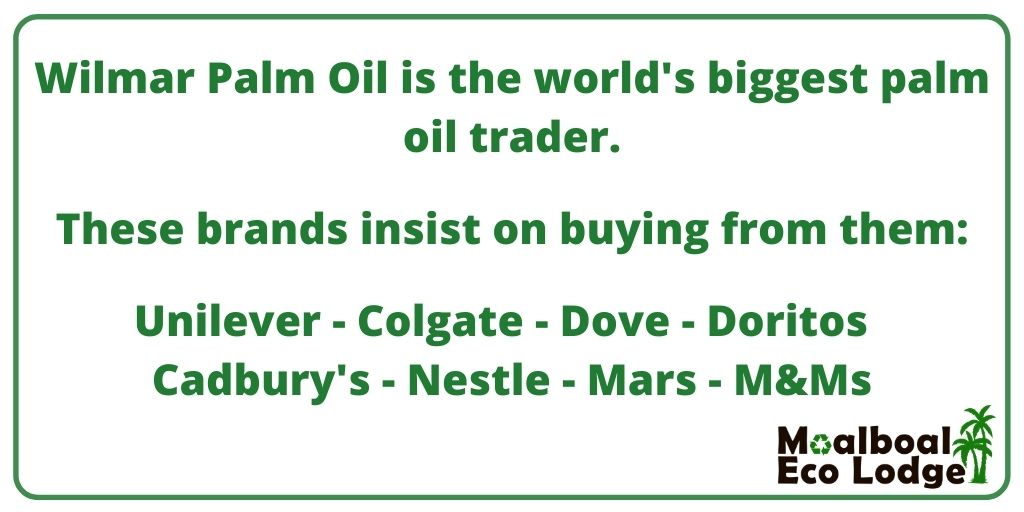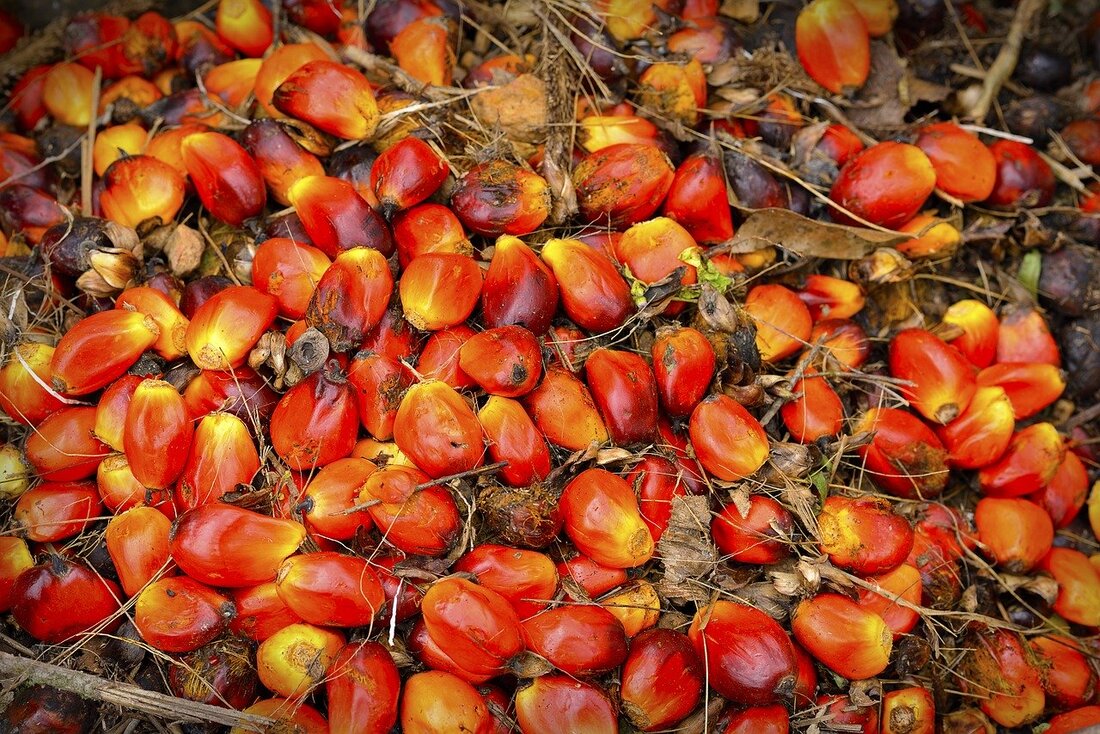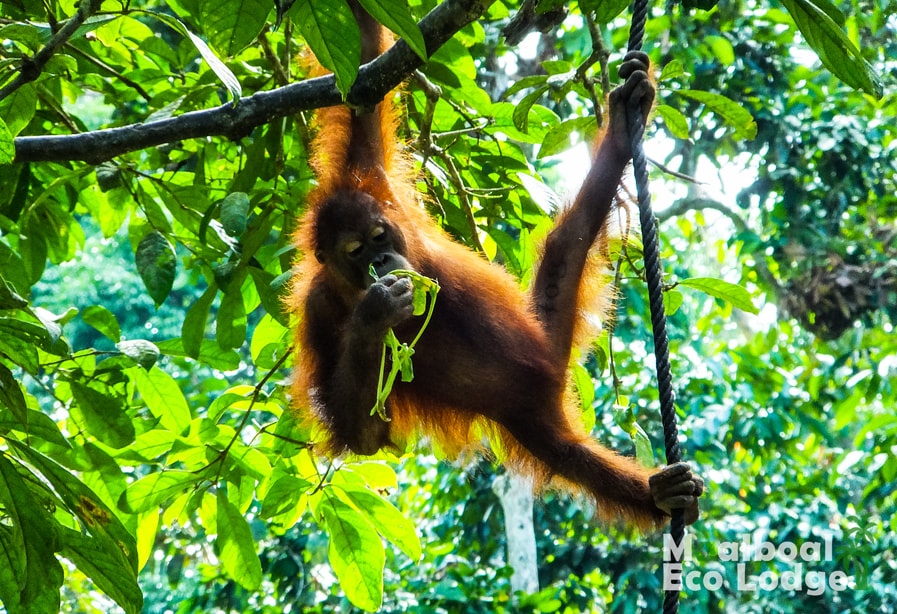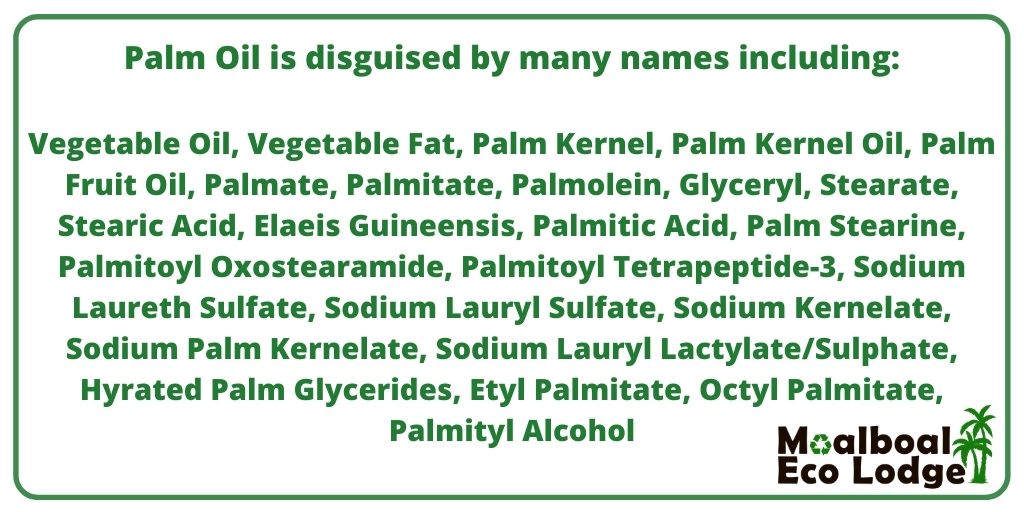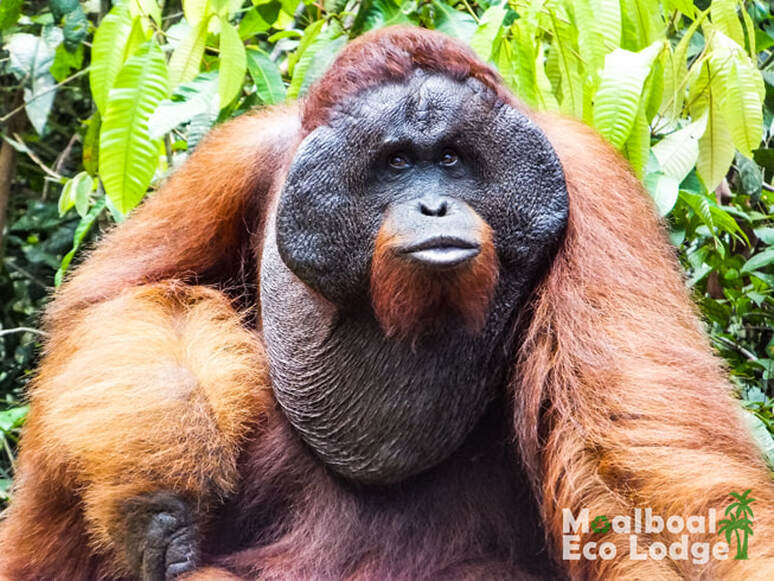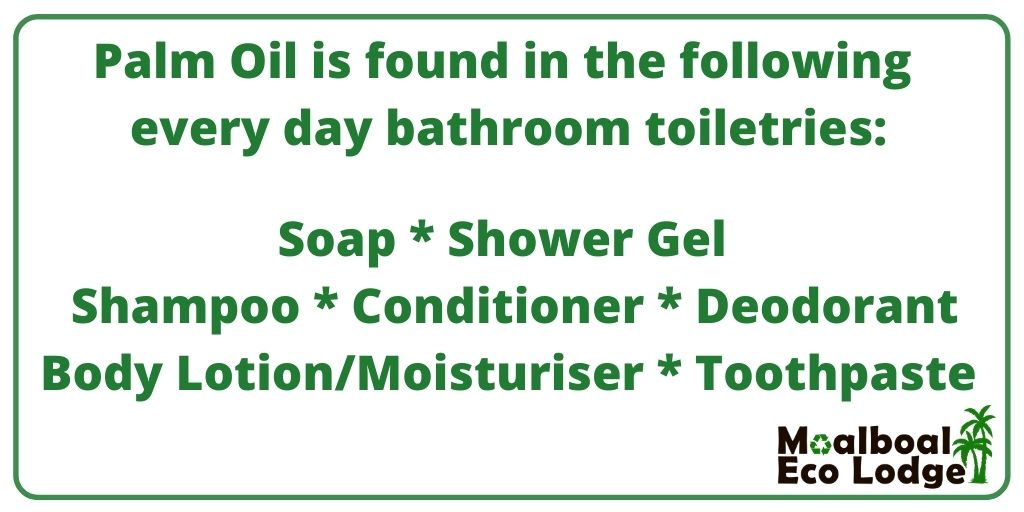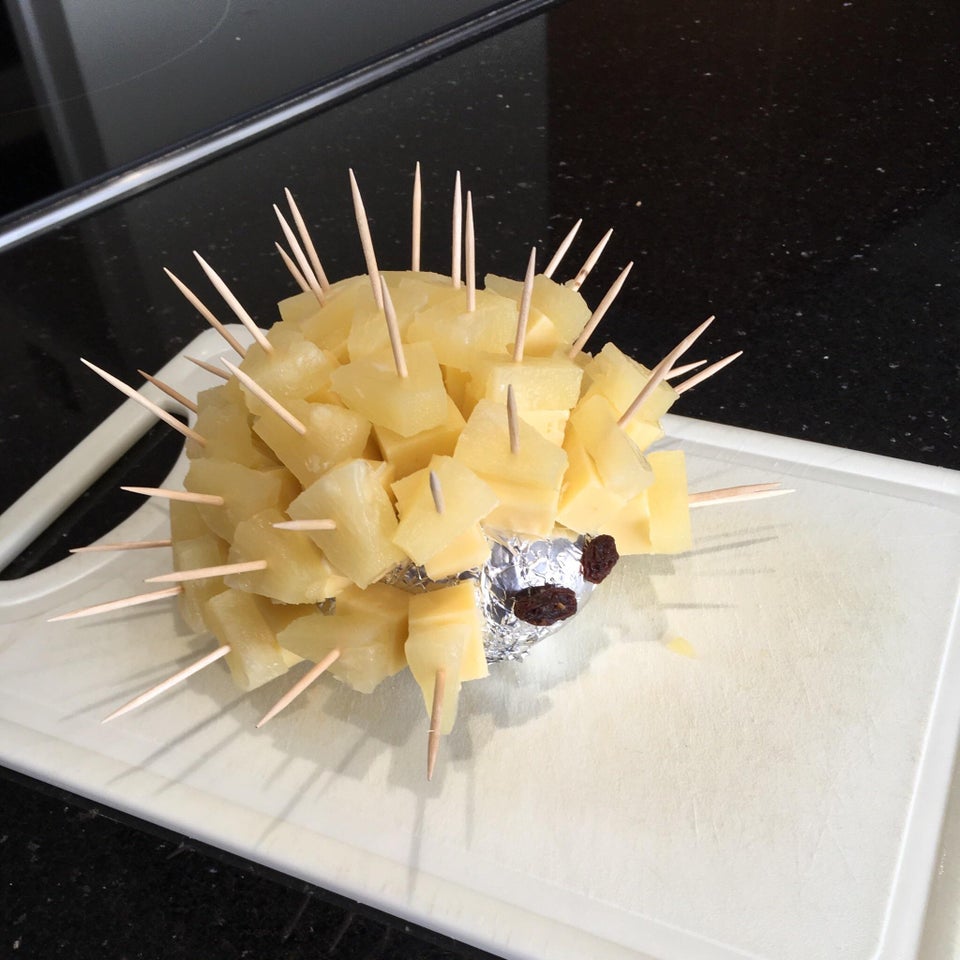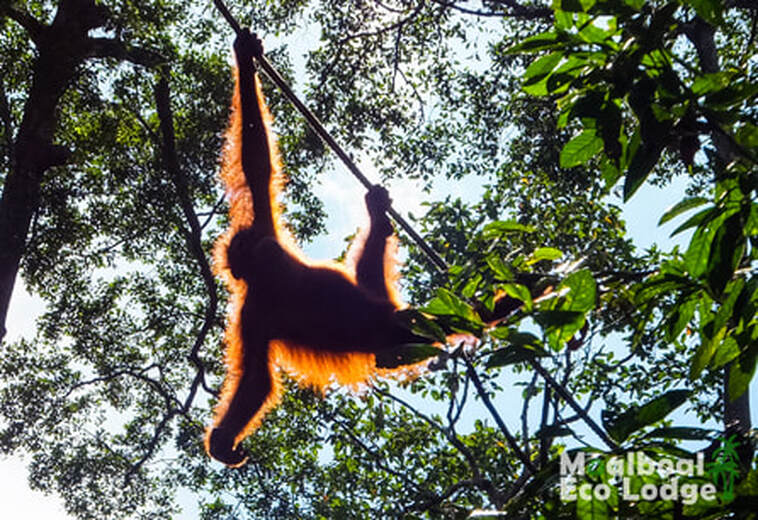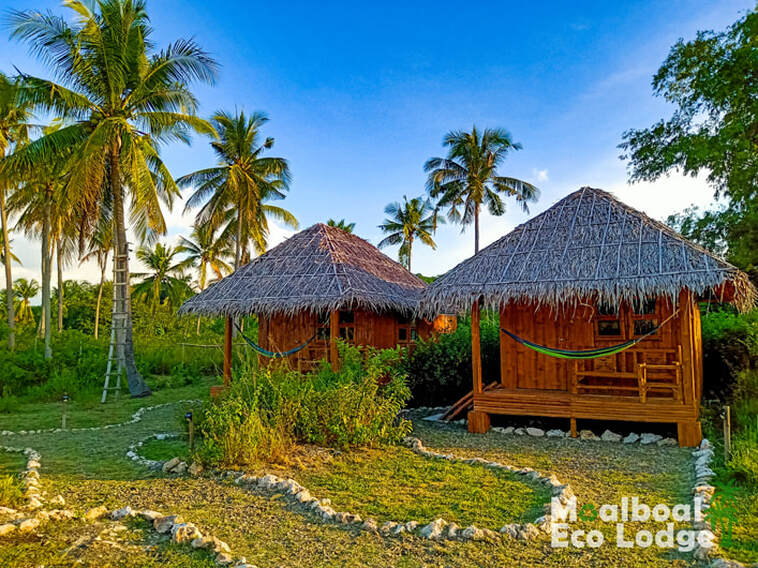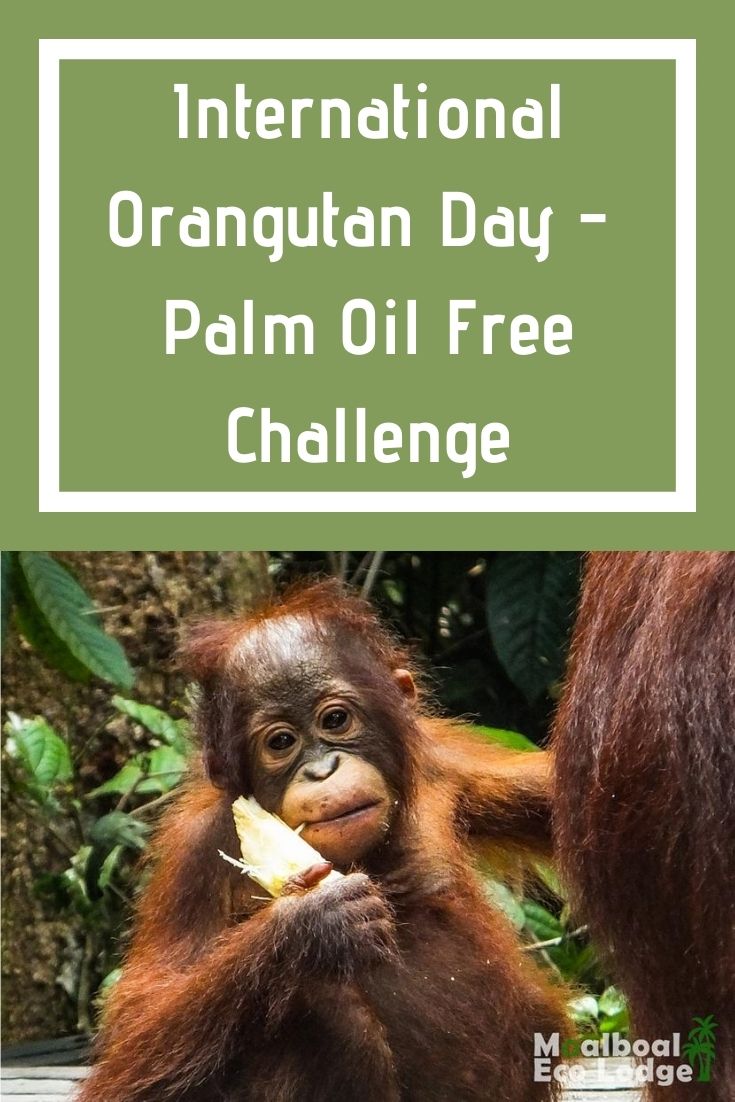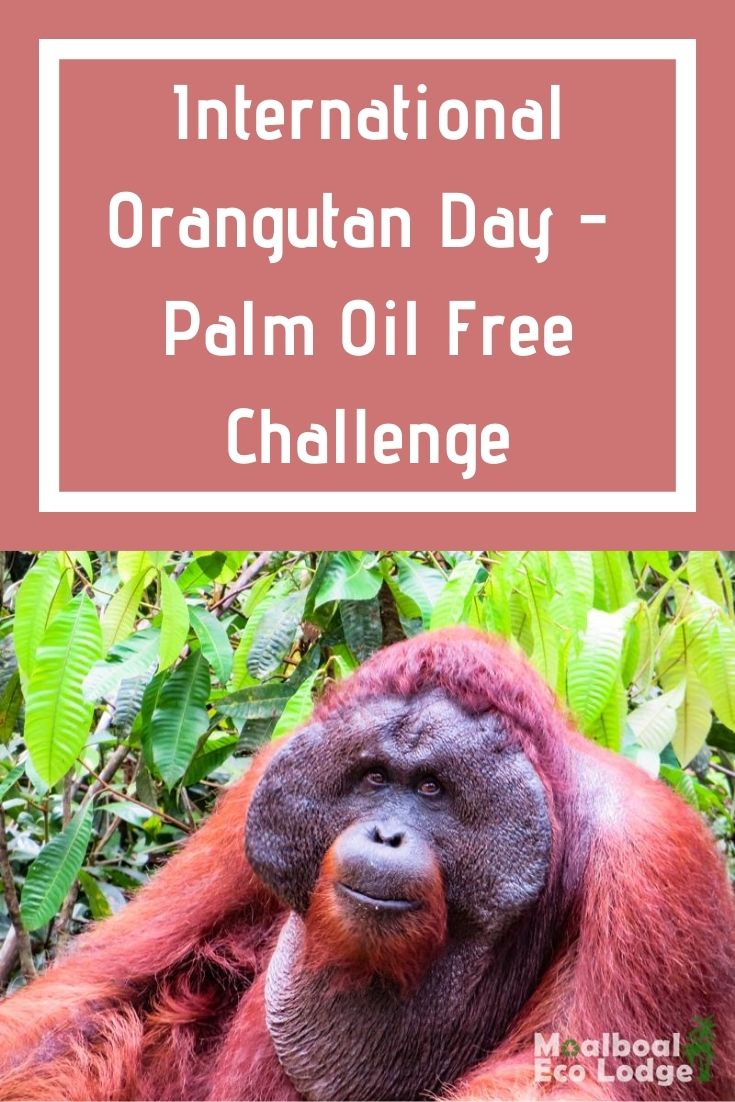|
Orangutans are being killed. The Sumatran Tiger, Sumatran Rhino and Sumatran Elephant are dying and classed as “critically endangered”.
Deforestation in Indonesia is escalating climate change, and increasing the number of landslides and flash floods. Why? Because of the palm oil industry – a “harmless natural” oil used in over half the products on our supermarket shelves, including foods, toiletries and cosmetics. Palm oil is also used as biodiesel in USA and Europe. The unsustainable collection of palm oil is the new secret killer. The key word here is unsustainable. How? Borneo and Indonesia produce 85% of the world’s palm oil, which involves cutting virgin rainforests, then burning the land to make way for oil palm plantation. Orangutans and the other endangered animals mentioned only live in Borneo and Sumatra (Indonesia) so their habitat is being destroyed. Orangutans suffer the most, with over half their population being killed in the past 15 years. We will explain why the unsustainable collection of palm oil is killing the Orangutans, and how deforestation for the palm oil industry is contributing to climate change. Find out the outcome of Moalboal Eco Lodge's Palm Oil Free Challenge in support of International Orangutan Day.
How are Orangutans dying for the palm oil industry?
Orangutans are only found in the jungles of Sumatra (Indonesia), and on the island of Borneo which is made up of three countries; Indonesia, Malaysia and Brunei. Indonesia and Malaysia produce 85% of the world’s palm oil. Our furry orange cousins with expressive human-like eyes and dexterous fingers are dying in a few ways, but the reason is still the same – their homes are being destroyed by the palm oil industry to make way for the growth of oil palm plantations.
When the rainforest is chopped down and the ground burnt to prepare for palm oil plantations, the Orangutans are still in the trees. They either die on impact, or are clubbed to death by palm oil workers. If the Orangutans manage to escape and survive, they no longer have a home so enter villages or oil plantations searching for food. Farmers capture and kill the Orangutans as they are considered pests.
The WWF have reported that 20 million hectares of abandoned land is available in Indonesia for palm oil plantations, and approximately 300-700 million hectares of abandoned land globally. However, it is more lucrative to cut down the virgin rainforest and make money from the timber, so instead of the Indonesian Government helping, they are actively blocking reforms. One hectare of land grows 135 palm trees.
How does the palm oil industry contribute to climate change?
The “slash and burn method” is the quickest way of preparing the land for new palm oil plantations. Once the primary rainforest trees have been cut, areas are cleared by bulldozers, and the ground is set on fire. In 2015, fires raged for over two months causing hundreds of thousands of respiratory infections in humans. Areas the size of 300 football fields are cleared EVERY HOUR (source: Rainforest Rescue), and as most forests are on peat land, this releases huge amounts of carbon dioxide from peat decomposition into the air. Tropical deforestation is responsible for around 18% of greenhouse gas emissions, making it a huge contributor to climate change. Deforestation and severe damage to landscapes has been directly linked to land erosion, landslides, flash floods and river pollution.
More frightening statistics:
Why is palm oil so popular in products?
Palm oil is cheap, has a high melting point and possesses natural preservative qualities. It’s because of these and many other reasons that make it the most widely used vegetable oil in the world, and found in over half of the every-day products on your supermarket shelves. Biodiesel, a fuel for diesel engines is also made out of palm oil. People in the USA and Europe are filling up their cars believing they are helping the planet, however biodiesel releases three times the greenhouse gas emissions of fossil diesel.
Palm Oil originated from the West African Oil Palm tree, where it has been an agricultural crop for centuries. Over 100 years ago it was introduced to South East Asia as a lubricant for machinery and for candles.
Today palm oil is so popular because:
Consumer giants such as Unilever, Colgate, Nestle and Cadburys insist on buying from Singapore based company Wilmar Palm Oil who Greenpeace have said are “the dirtiest palm oil giant in the world”. Wilmar control over 43% of the global palm oil trade, and despite promises to end deforestation by 2020, Greenpeace found evidence of Wilmar Palm Oil’s deforestation, forest fires and illegal clearance.
Palm oil and its derivatives have over a 100 different names, so you may be looking to avoid the word palm oil, not knowing that lauryl sulphate, stearic acid, glycerine or glycerol are also palm oil. In cosmetics it is referred to by its botanical name of Elaeis guineensis.
Is boycotting palm oil the answer?
This is a difficult argument. Supporting sustainable palm oil is the best way forward, but knowing if a company uses oil palm obtained in a sustainable way is extremely difficult, sometimes impossible. Many companies say they are part of the Roundtable on Sustainable Palm Oil (RSPO), which means they have committed to sourcing only sustainable palm oil, but sadly only a small percentage are true to their word. Two years ago I wrote an article about palm oil for Feet Do Travel. To write this article I updated my research, and found some improvement with transparency, but not enough. Greenpeace, Rainforest Action Network and Mighty Earth have mentioned the failure of consumer goods companies living up to their 2010 commitment of being deforestation-free by 2020. Only 20% of the 400 committed companies are on track to meet their targets. Admittedly 20% is a step in the right direction, but more needs to be done. Pressure still needs to be applied, and there needs to be more consumer demand for fully traceable palm oil to avoid any confusion as to whether it is sustainable or not.
If everyone boycotted palm oil, it would cause far more environmental devastation than sustainably produced oil palm, because palm oil uses up to 10 times less land to produce the same amount of oil. However, until there is more evidence that companies are standing by their promises, for me personally I will continue to boycott but I live in Asia, where there are little to no sustainably produced products.
In other parts of the world such as the UK, it's easier to source sustainably produced palm oil products. To support the sustainable palm oil industry, if you have the option to buy then do it. If you are unsure, then boycott until you know. I like to hit companies where it hurts – in their profits. I have been actively boycotting palm oil for two years because of the findings in my research. Living in Asia for nearly four years, boycotting has been next to impossible, which has resulted in me making a lot of my own toiletries. It is a continual work in progress to find suppliers who produce palm oil free products such as granola or butter.
My Palm Oil Free Day Challenge
It’s one thing to say palm oil is in so many products, but to have a day where you consciously make a decision to avoid it will highlight the truth in an alarming way. I am going to share the findings of my palm oil free challenge with you, and if you care about the Orangutans, deforestation or climate change, you can hopefully learn how to make better consumer choices in your everyday life. Waking up – Bathroom duties Two years ago, I started replacing my bathroom toiletries with palm oil free products. This meant I was able to have a guilt free experience, however if I wouldn’t have made the switch, I would have to avoid showering, washing my hair, moisturising my skin, applying deodorant, cleaning my teeth, and washing my hands at all throughout the day. Yes I would have had a stinky day (and not good practice under the "new normal" of regular hand washing to keep Coronavirus at bay!)
Breakfast
We have vegan smoothie bowls for breakfast made with fresh fruit, meaning we avoid breakfast cereals which contain palm oil. Sadly my granola was cooked in palm oil and not coconut or soy oil, so I left out the granola. Activities As we live 7 minutes from Panagsama, we decided to pop to the beach and swim with the sardines. All sunscreens contain palm oil, so thankfully I switched mine about a year ago so I didn’t have to worry about getting sunburnt. It’s not easy finding a reef-safe, palm oil free sunscreen, but if you care about the planet like I do, it is possible. Buy sunscreen that contains the mineral Zinc Oxide which sits on your skin acting as a barrier, as opposed to soaking into your skin. Lunch Usually I have avocado on toast or a sandwich and crisps for lunch, but not today. Bread, butter and crisps all contain palm oil, in bread it can be disguised as “vegetable shortening”, and it’s used as a preservative. We had a left over curry in the fridge so I ate some of it with rice. Dinner I hadn’t prepared myself very well for the challenge so we hadn’t been food shopping and didn’t have a lot in the house. I couldn’t risk going out for dinner as I couldn’t guarantee the restaurant wouldn’t use palm oil. Rice is always a good staple to have in the fridge, so I mixed it up with some beans, vegetables and spices, rolled out a flatbread and had a Mexican burrito with guacamole! Palm oil free and vegan – now that’s impressive (even if I do say so myself!)
Snack
I am not usually too interested in having a snack after a filling, tasty dinner, however today my brain played tricks on me. It knew I couldn’t have anything sweet or processed such as ice cream, biscuits or chocolate as they all contain palm oil – so I wanted a snack even more. Looking in the fridge, we found a pineapple that needed using up, and some cheese. Lightbulb moment: cheese and pineapple on sticks! I used to love cheese and pineapple hedgehogs in the UK so felt like a kid at a birthday party.
Conclusion
Although I am mostly happy with how my day went, and how my conscious decisions over the past couple of years made this challenge easier than it could have been, I still see where I need to improve.
I am someone who has gone to great lengths to remove palm oil from my life, but I need to have some sort acceptance. I am living in a part of the world where palm oil is everywhere, and that I cannot eradicate it completely, despite my best endeavours. This doesn’t mean I am giving up, absolutely not! I hope one day there will be sustainable palm oil options, but until then, I will continue to do my best. I will try not to be so hard on myself if I am not 100%, after all, I am also in the process of eating more plant-based and vegan meals. Every 19 August, I will take part in the Palm Oil Free Challenge, to test how far I have come, and how I can continue to improve. Hope you will join me next year!
Visit our Eco Shop* for palm oil free, plastic free,
zero waste products! (*10% from every purchase is donated to Moalboal Dog Rescue)
Heading to the Philippines and looking for somewhere to stay?
If you are visiting Moalboal, Moalboal Eco Lodge is the perfect place to stay. Located in the middle of a peaceful field, it’s close enough to amenities, but far away so you can have a good night’s sleep. There is plenty of space to observe physical distancing at the Eco Lodge. Please read our COVID-19 Care page for more information regarding your safety. Nestled in amongst palm trees, bamboo and coconut trees, Moalboal Eco Lodge have Bamboo Nipa Huts suitable for solo travellers, couples and friends. We have two private rooms and a spacious 4-bed dormitory, a breakfast area, and a beautiful hammock/yoga/sunset deck. Bicycles are for hire if you wish to slow travel in the most environmentally friendly way, or you can rent a scooter. Take a look at our rooms!
Do you want to travel responsibly?
Sustainable Travel: How to be a Responsible Tourist 12 Plastic Free & Zero Waste Travel Tips During Coronavirus Plastic Free & Zero Waste Toiletries: Space Saving Travel Essentials Heading to the Philippines? Check out these related posts! Bucket List Ideas and Experiences in the Philippines Fun Facts about the Philippines Is Oslob Whale Shark Watching Ethical? Jeepney Street Art in Moalboal Things You Should Know Before Visiting the Philippines 28 Things to Do in Moalboal, Cebu Must-Try Filipino Foods Fancy a day trip from Moalboal? Kawasan Falls, Badian Montpeller Waterfall, Alegria Taginis Falls & Budlot Spring Simala Shrine Castle Church, Sibonga Basdaku “White Beach”, Moalboal Mantayupan Falls, Barili Lambug Beach, Badian
Pin this post for future reference!
0 Comments
Your comment will be posted after it is approved.
Leave a Reply. |
Archives
October 2023
Categories
All
|

